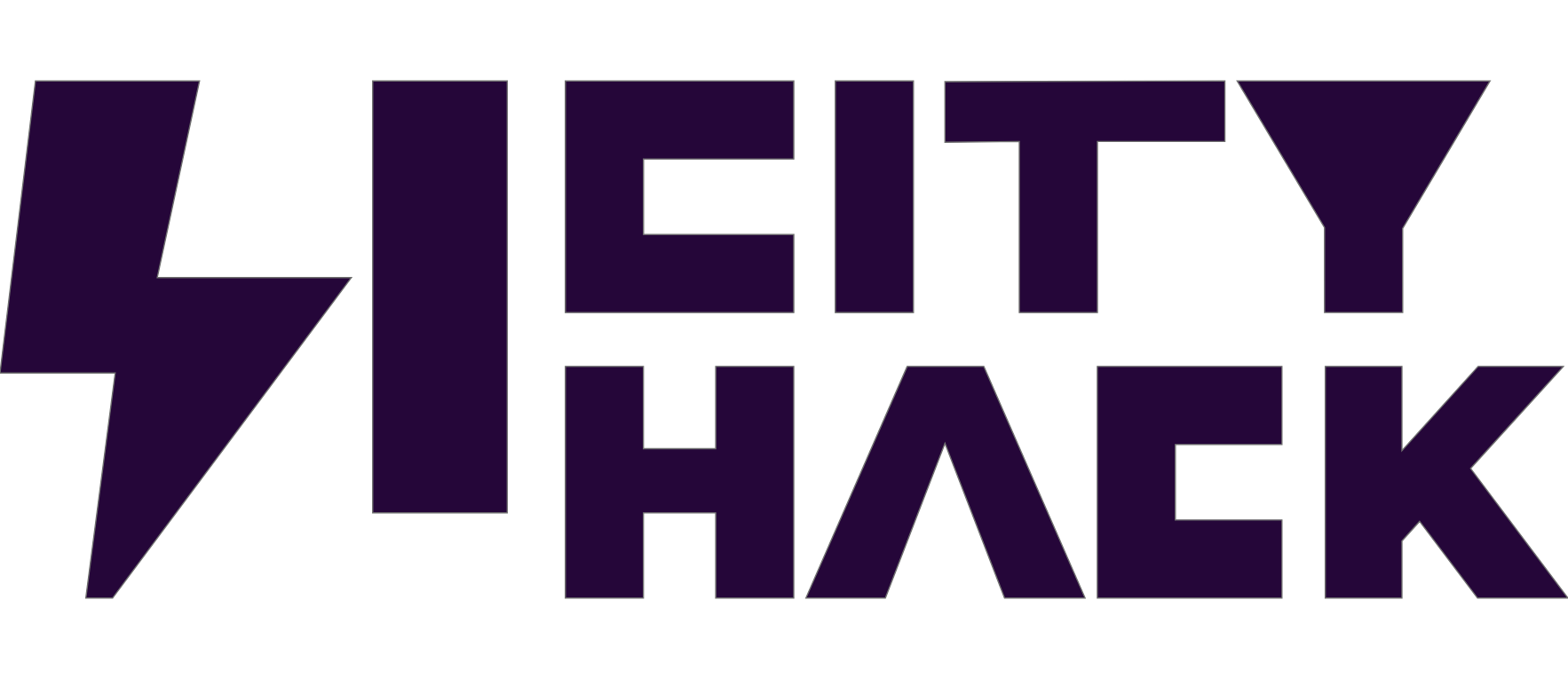Why City Hack?
Urban population growth
68% of the world's population will live in urban areas by 2050 according to the UN. Technology is needed to support this rapid growth.
Congestion
Traffic congestion costs the US economy $87 billion annually from wasted time and fuel according to INRIX. Smart transportation systems could optimize traffic flow.
Energy and emissions
Buildings account for nearly 40% of global CO2 emissions according to the UN. Smart building systems can cut energy use and emissions.
Water management
Public health
Air pollution contributes to 4.2 million premature deaths annually per the WHO. Smart pollution monitoring and mitigation can improve public health.
Public safety
Urban violence cost over $460 billion globally in 2019 according to the Institute for Economics and Peace. Data analytics can help predict and reduce crime.
Infrastructure investment
Social equity
Over 40% of households in US cities with incomes under $30,000 lack broadband access per Brookings. Smart cities can prevent digital divides.
Economic development
Smart cities could generate $20 trillion in economic benefits globally by 2026 according to Juniper Research.
Smart Infrastructure
Includes sensors, connectivity, and data analytics applied to things like energy grids, water systems, transportation networks, and buildings. Enables monitoring, automation, and optimization.
Mobility & Transportation
Using technology to improve public and private transportation options, traffic management, parking systems, EV infrastructure, pedestrian/cyclist solutions, and access.
Sustainability
Leveraging innovation to enhance sustainability across energy, waste, water, food systems, green spaces, climate resilience and environmental impacts.
Civic Engagement
Public Safety & Justice
Service Delivery
Digital transformation of the delivery of basic services like healthcare, education, social services, and economic programs to residents.
Data Analytics
Urban Planning
Internet of Things
Climate resilience
Smart Communities
Applying innovation at the neighborhood level to improve liveability, connectivity, resilience, service access, and community development.
The common thread is leveraging technology and data to improve how cities function, serve residents, and plan for the future.
